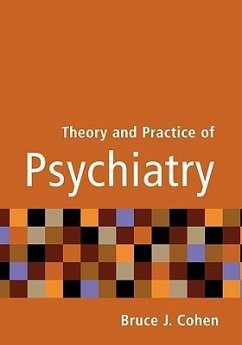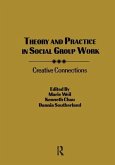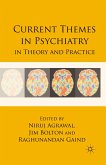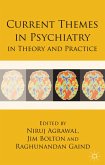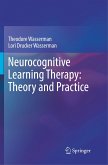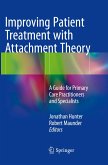Based on years of teaching psychiatry to medical students and residents, this single-authored textbook offers a conversational yet detailed guide to modern psychiatric theory and practice. Exploring various approaches to psychiatric disorders - including neurobiology, dimensional personality assessment, behavioral science, and psychodynamic and cognitive theories - it lucidly illustrates each approach's strengths and weaknesses and suggests how clinicians can interweave them in working with patients. Using clinical vignettes and recent research findings to illustrate the connections between phenomenology, pathophysiology, and treatment, it covers all of the major psychiatric disorders and includes tables listing their DSM-IV-TR diagnostic criteria. The book offers balanced coverage of subjects that receive scant attention in other introductory textbooks, including the limitations of the DSM-IV categorical approach to psychiatric diagnosis, controversies surrounding the dissociative disorders and "recovered memories," and the prescription of stimulant medications to children with suspected attention-deficit hyperactivity disorder. Later chapters provide practical guidelines for estimating a patient's risk of suicide and violence and for assessing competence to consent to medical or psychiatric treatment. In eschewing a dry recitation of clinical syndromes for an engaging discussion aimed at teaching the reader how to "think psychiatrically," the book will appeal to medical students, psychiatric residents, mental health clinicians, and primary care physicians.
Hinweis: Dieser Artikel kann nur an eine deutsche Lieferadresse ausgeliefert werden.
Hinweis: Dieser Artikel kann nur an eine deutsche Lieferadresse ausgeliefert werden.

